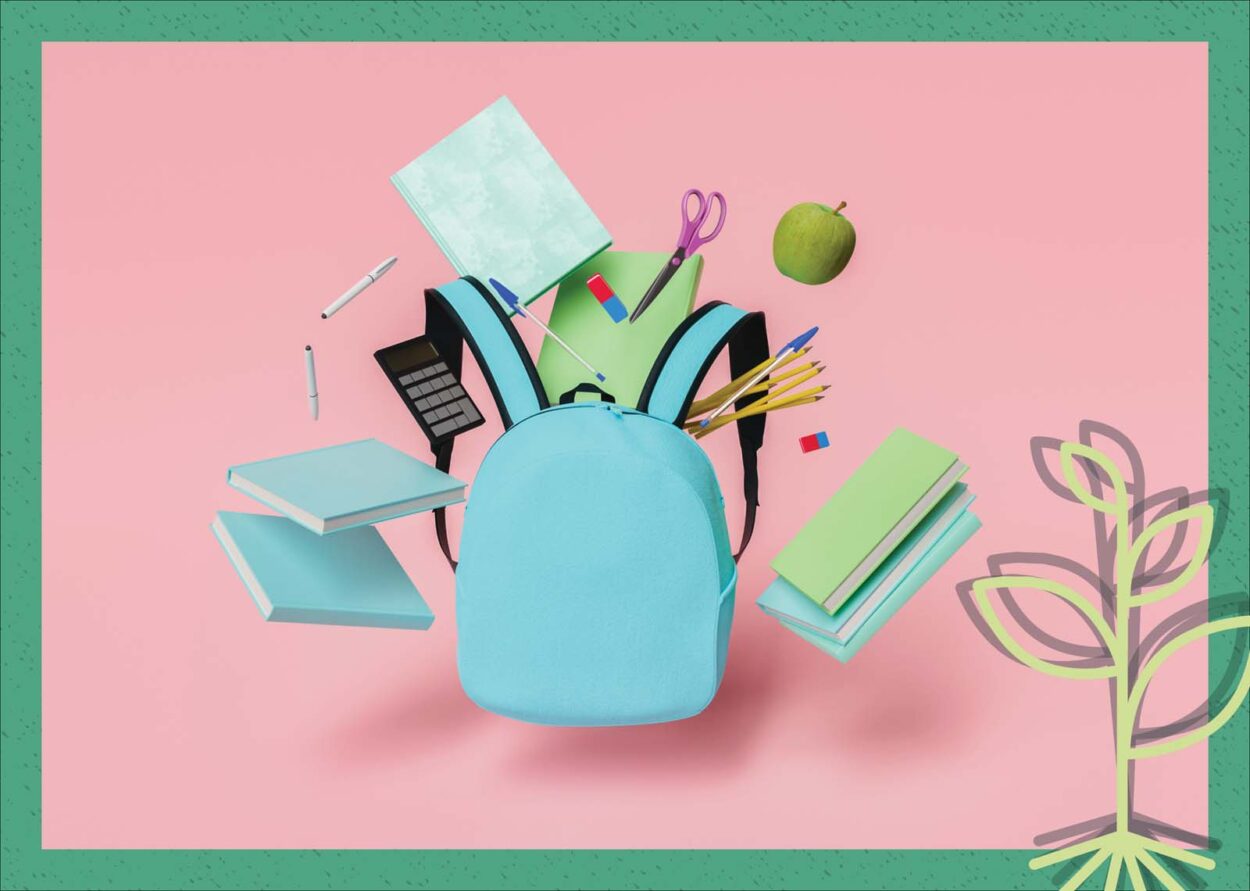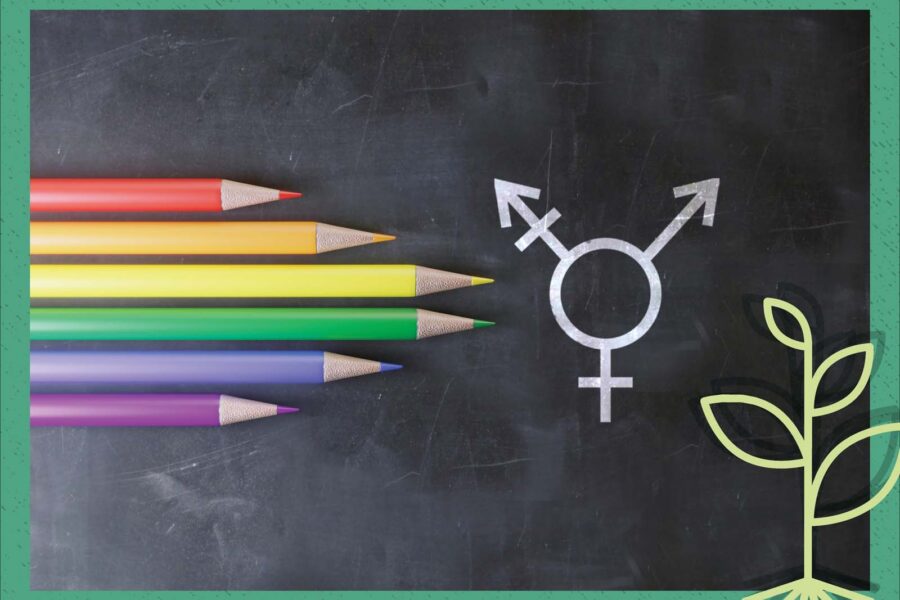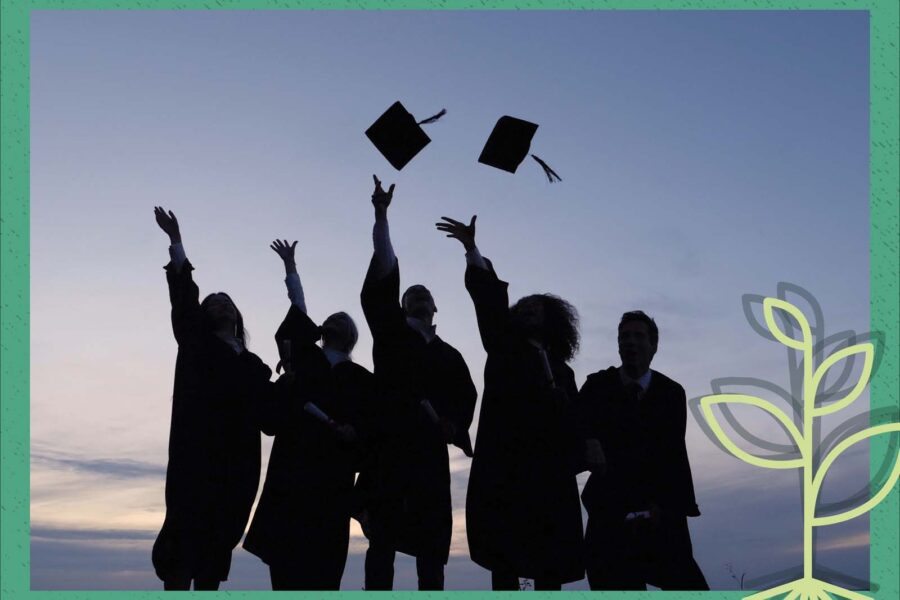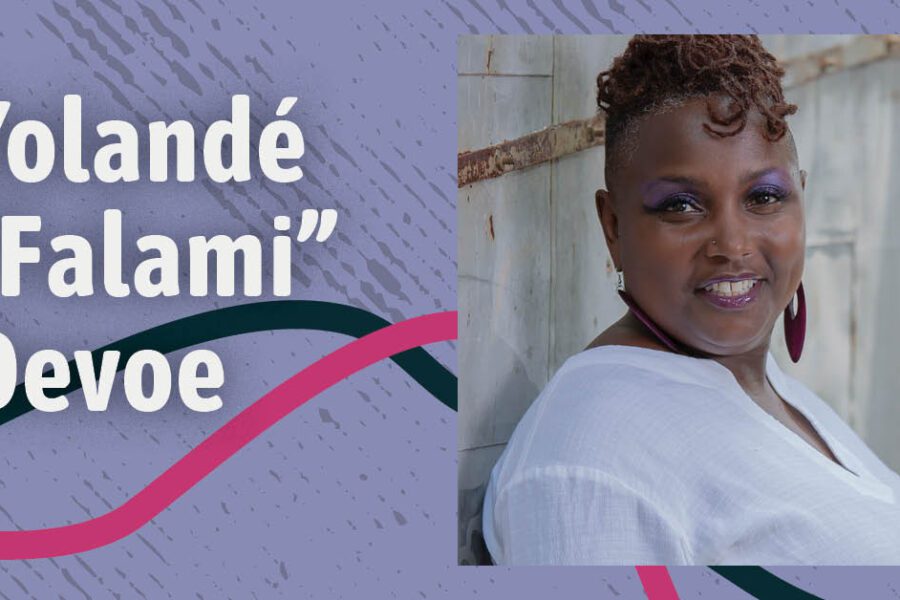We’re getting ready to launch Season Four of the Seed Field Podcast and we’re putting together two mini-episodes that revisit interviews from Season Three and pull out the themes that consistently run through them.
If there’s hope in anything, there is hope in children as educators. As our school systems focus on producing certain test scores, checking boxes, and sometimes treating students as products rather than people, we have education experts like the three guests from this mini-series on “literacy” who challenge teachers to take an individualized approach, to meet students where they are, and encourage their curiosity. In this episode we share clips from interviews with Heather Hebard, Laura Thomas, and Gopal Krishnamurthy to revisit their suggestions on redefining what we think of as literacy, supporting social-emotional learning, and encouraging scientific exploration.
Subscribe: Apple Podcasts | Spotify | Stitcher | Google | Simplecast
Episode Notes
The episodes mentioned in this recap are:
- Expanding Our Definition of Literacy is Necessary for Justice with Heather Hebard
- To Grow Emotional Literacy, a Classroom Must Become a Community with Laura Thomas
- Developing Math and Science Literacy Means Moving Beyond the “Right” Answer with Gopal Krishnamurthy
This episode was recorded on August 18, 2022, via Riverside.FM and released August 30, 2022.
The Seed Field Podcast is produced by Antioch University.
The Seed Field Podcast’s host is Jasper Nighthawk, and its editor is Lauren Instenes. Special thanks for this episode goes to Sierra-Nicole E. DeBinion, Karen Hamilton, and Melinda Garland for their contributions.
To access a full transcript and find more information about this and other episodes, visit theseedfield.org. To get updates and be notified about future episodes, follow Antioch University on Facebook.
S3 Bonus Episode 2 Transcript
[music]
[00:00:04] Lauren Instenes: Welcome to The Seed Field Podcast, the show where Antiochians share their knowledge, tell their stories, and come together to win victories for humanity. I’m the podcast editor, Lauren Instenes, and today I’m jumping in as guest host. Soon we will be starting our fourth season, but before we do that, we wanted to take a moment to look back at some of the amazing interviews we had last season. In this recap episode, we will be hearing from three educators who we interviewed for our series on literacy.
They shared their expertise and ideas on how we can create a more inclusive and more just educational environment. Right now, these topics are more important than ever because of recent attacks on public education. Across the country, teachers are being told they’re not allowed to discuss topics such as our country’s struggles with racism and slavery, or anything having to do with the LGBTQ+ community. Some places have taken this step even further and are requiring teachers to report their LGBTQ students to the administration.
All of these things make students feel less seen and less safe in their classrooms and force teachers to battle with moral dilemmas instead of being able to focus on their students’ learning. Heather Hebard was the first guest in our literacy miniseries. She is core faculty in the education programs at Antioch Seattle, where she is also the chair of the Master’s of Arts in Teaching. Heather shared with us the ways in which she encourages other educators to work towards educational justice through redefining literacy. Most people think of literacy as just reading and writing, but Heather believes we need to expand this to include other forms of expression.
[00:01:51] Heather Hebard: One of the first things we do is to expand the notion of what we mean by literacy, that it is reading but it is also writing, and more broadly than writing, it is composing. When students are thinking about what they’re going to say, for example, even just sharing with a partner before saying it with a group, that’s composition. When they’re using gesture in front of the class or using visuals to help engage their audience or help to further explain or inform, all of that’s literate.
[00:02:28] Lauren: Heather explained that this narrow definition of literacy can be traced back to deeper forces in our society that try to exclude people.
[00:02:39] Heather: The way that white supremacy defines what literacy is, also then reifies the positionality of people as being relatively more or less literate along that very narrow band. When we expand how we think about literacy, it allows us to appreciate and bring into the classroom the many ways that people engage with ideas and develop ideas.
[00:03:10] Lauren: This idea that white supremacy has influenced what we think of as literacy, and more broadly, what we think of as being “educated” in this country is something that all three of our guests ended up touching on. In this next clip, Heather explains that rethinking these ideas means that we can not only make our classrooms more inclusive but also acknowledge the trauma that has been caused by English language learning in some communities so we can start to decolonize learning in our schools.
[00:03:40] Heather: Even just basic human needs are often mediated by literacy. It made me think about the way that literacy was weaponized against native people in this country who were not using reading or writing in the more defined sense of the written text and reading text in their daily lives. As we know, of course, boarding schools were used to eradicate language and culture through English language literacy. There’s a deep history of oppression and a shift in social organization that has necessitated literacy and minoritized people who may not want to participate or do not want to participate in literacy practices that are not part of their cultural heritage.
[00:04:42] Lauren: Our next guest was Laura Thomas. Laura is the director of the Master’s of Education for experienced educators at our New England campus. Laura talked about a type of learning that often gets overlooked in our current educational system, social-emotional learning. Social-emotional skills are things like empathy, collaboration, and conflict management. They’re extremely important for students to develop if they’re going to succeed in the classroom and beyond. Laura supports finding ways to build these skills in everything that students do.
[00:05:16] Laura Thomas: To practice social-emotional skills, to really get them, you have to get them in the context of meaningful work that you’re doing with people that you know well, and so in the classroom setting, that means taking that system’s view that we’re not just going to practice respect during morning meeting, or we’re not going to have respect week at the high school, which is something that I see a lot of schools doing. It’s going to be ongoing.
We’re going to target things that we know that we need to work on and we’re going to really break them down into what they look like and sound like. We’re going to do that in the language that works for the kids and that fits into their cultural context. That’s really respectful of what is going on in the rest of their world.
[00:06:06] Lauren: Laura explained that some teachers act like only students who have been labeled “gifted and talented” are able to work in ways that develop their social-emotional skills. She emphasizes that every student is capable of learning these skills and should be given the opportunity to. The trouble is that many teachers do not know how to successfully foster this type of learning environment or they give up too soon. In this next clip, Laura talks about how sticking it out is sometimes the only way teachers will see results.
[00:06:37] Laura: What we say then is that when you hit that tension, what your kids are trying to find out is can I trust you? Can I trust the people in this space? Can I really be who I am here or are you going to shut me down? That’s where the teacher has to lean in extra hard, more reflection, more conversation about what it looks like when we do this well, and a lot of conversation about what we expect from one another.
Once kids figure out that you mean it, you really are going to hold them to this shared set of expectations and the classroom is going to operate that way, then they jump into this other place, which is collaboration, where they can do really extraordinary stuff.
[00:07:29] Lauren: Our final guest in our series on literacy was Gopal Krishnamurthy, a faculty member at both our New England and Santa Barbara campuses who directs the Master’s of Science and Science Teacher Licensure. He pushed us to rethink the way we structure power dynamics in classrooms. Gopal opposes the model where a teacher is at the top of the educational ladder and students are attempting to learn all of the knowledge the teacher has and move up on that ladder.
[00:07:58] Gopal Krishnamurthy: One way of thinking about it is if this ladder-like model and getting to the right answer as quickly as possible is the goal of teaching. Then we are going to inevitably sort out students in terms of ability and in terms of achievement, because if it’s going from point A to point B, then some are going to be the high achievers, some average, and some the low achievers.
[00:08:30] Lauren: Instead, Gopal suggests we flatten out that ladder and see the teacher and students as all possible educators and learners. This is what he calls the leaf model, where students and teachers are spread out on an interconnected leaf. Sometimes they are the ones imparting knowledge and other times they are the ones taking in the knowledge.
[00:08:52] Gopal: If we go back to the leaf metaphor, where we are attending to all the interconnected trajectories of learning, then social justice isn’t a matter of providing equal opportunity for the same ends, but rather equal opportunities for the diverse trajectories of learning.
[00:09:14] Lauren: I really appreciated hearing these educators’ hopes and concerns for the future of our education system. It’s so important that as our schools focus on producing certain test scores, checking boxes, and sometimes treating students as products rather than people, we have education experts like our guests who encourage teachers to take an individualized approach, meet students where they are, encourage their curiosity, and see their whole person. In that spirit, I want to close with this clip from Gopal.
[00:09:44] Gopal: I think what I want to really communicate is the time to make small changes is over. We have to have paradigmatic changes in education, in the aims of education, in curriculum building, in teaching and learning, where we get off our pedestals and really begin to learn with children. Children as educators, there’s hope in children as educators, if there is hope in anything.
[[music]
[00:10:24] Lauren: You can find links to the three episodes referenced in this recap in the show notes. We post these show notes on our website, theseedfield.org, where you’ll also find full episode transcripts, prior episodes, and more. The seed field Podcast is produced by Antioch University and hosted by Jasper Nighthawk. I’m the show’s editor. A special thanks to Sierra Nicole DeBinion, Karen Hamilton, and Melinda Garland. Thank you for spending your time with us today. That’s it for this episode, we hope to see you next time, and don’t forget to plant a seed, sow a cause, and win a victory for humanity. From Antioch University, this has been The Seed Field Podcast.
[music]
[00:11:29] [END OF AUDIO]






